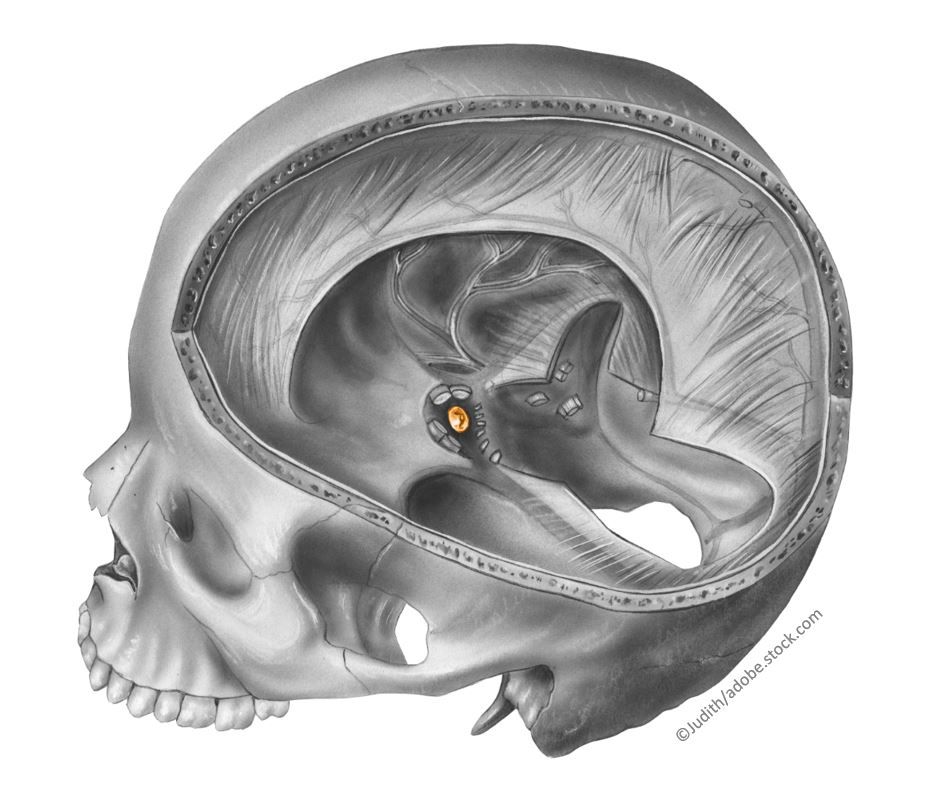Somapacitan is Safe, Rated More Convenient vs Norditropin for AGHD Treatment
The once-weekly novel growth hormone derivative was favored over once-daily hGH in this head-to-head trial that evaluated treatment satisfaction.

The novel growth hormone derivative somapacitan taken once-weekly was associated with similar mean insulin-like growth factor (IGF) 1 scores compared with once-daily Norditropin in patients with adult growth hormone deficiency (AGHD), according to results from a 26-week trial published in the European Journal of Endocrinology.
“Although daily GH is administered with the use of fine needles which minimize pain, some patients still find a daily regimen burdensome, particularly because treatment may last for several years or even be lifelong,” Gudmundur Johannsson, MD, PhD, from the University of Göteborg and Sahlgrenska University Hospital in Göteborg, Sweden, and colleagues wrote in their study.
Dr. Johannsson and his colleagues performed a randomized, controlled phase 3 trial of 92 patients from 26 centers in 6 countries with AGHD. Patients were between 18- and 79-years-old and received once-daily GH for a minimum of 6 months before being randomized to receive once-weekly somapacitan (61 patients), which is a novel reversible albumin-binding GH derivative, or once-daily Norditropin (31 patients). Each group was titrated for 8 weeks to achieve normal IGF-1 standard deviation score (SDS) values prior to administration of somapacitan or Norditropin. Patients in the somapacitan group received a starting dose of 1.5 mg per week followed by mean 1.96 mg per week for 18 weeks; in the Norditropin group, the mean dose was 0.20 mg per day.
The researchers said more than 1,500 injections occurred in the somapacitan group with no clinically significant injection site reactions. Regarding satisfaction, the mean score for convenience as reported by patients in the Treatment Satisfaction Questionnaire for Medication-9 (TSQM-9) increased by 15.3 points to 83.8 from a baseline of 68.3 compared with an increase of 3.0 points to 75.8 from a baseline of 71.7 in the TSQM-9 (P = .0171), which indicated patients believed somapacitan was more convenient than Norditropin.
There were 3 patients each in the somapacitan (4.9%) and Norditropin (9.7%) groups who withdrew from the trial. In both groups, IGF-1 SDS were between mean 0 and 2 during the trial, with values of mean 0.22 SDS in the somapacitan group and 0.35 SDS in the Norditropin at the end of the trial. With regard to adverse events, 86.9% of patients in the somapacitan and 67.7% of patients in Norditropin groups reported events such as nasopharyngitis, fatigue, and headache; there was 1 case of hematoma after the third dose and 1 case of bruising after the second dose, researchers noted.
Researchers noted a potential limitation in the trial-that body composition changes, quality of life, and other clinical outcomes were not measurements of efficacy since patients were already receiving GH therapy prior to trial enrollment.
“On the other hand, study strengths lie in the fact that it was a randomized trial in which somapacitan was compared head-to-head with hGH in AGHD patients already using daily GH replacement treatment,” the authors concluded. “Thus, the current study adds important data for patients who will switch from daily to weekly therapy.”
Source: Johannsson G, Feldt-Rasmussen U, HÃ¥konsson IH et al. Safety and convenience of once-weekly somapacitan in adult GH deficiency: a 26-week randomized, controlled trial. Eur J Endocrinol. 2018;178:491-499.